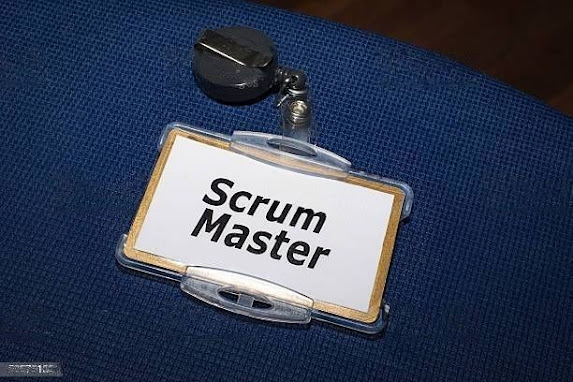Difference between Project and Product managers
The roles of a project manager and a product manager are often confused, as both roles involve overseeing the development and delivery of a product. However, there are some key differences between the two roles:
Scope of responsibility: A project manager is typically responsible for managing a specific project, while a product manager is responsible for the overall direction and success of a product.
Timeframe: A project manager is typically focused on delivering a product within a specific timeframe, while a product manager is responsible for the long-term success of the product.
Stakeholder management: A project manager is responsible for managing the stakeholders of a specific project, while a product manager is responsible for managing the stakeholders of the product as a whole.
Decision-making: A project manager is responsible for making decisions related to the execution of a project, while a product manager is responsible for making strategic decisions about the direction of the product.
Team management: A project manager is responsible for managing a team of individuals working on a specific project, while a product manager is responsible for managing cross-functional teams working on a product.
Overall, the main difference between a project manager and a product manager is the scope of responsibility and the timeframe of their work. A project manager is focused on delivering a specific project within a specific timeframe, while a product manager is responsible for the long-term success of a product.
FUNCTIONS OF PRODUCT AND PROJECT MANAGER
The roles of a product manager and a project manager involve overseeing the development and delivery of a product, but they have different functions and responsibilities. Here are some key functions of each role:
Product Manager:
Setting the product vision and strategy: The product manager is responsible for defining the long-term direction of the product and creating a roadmap to guide its development.
Gathering and prioritizing product and customer requirements: The product manager works with internal and external stakeholders to understand the needs and wants of the target market, and uses this information to prioritize the development of new features and capabilities.
Working with cross-functional teams: The product manager coordinates the work of different teams, including engineering, design, marketing, and sales, to ensure that the product is developed and delivered effectively.
Analyzing market trends and competitors: The product manager keeps track of developments in the market and the activities of competitors and uses this information to inform the product strategy.
Project Manager:
Developing project plans: The project manager creates a detailed plan that outlines the scope, schedule, and resources needed to complete a project.
Managing the project budget: The project manager is responsible for tracking and controlling project costs, and ensuring that the project is completed within budget.
Managing and motivating project team members: The project manager is responsible for assembling and leading a team of individuals working on the project, and for ensuring that team members have the support and resources they need to be successful.
Managing project risks: The project manager identifies and assesses potential risks to the project, and develops contingency plans to mitigate those risks.
Communicating with stakeholders: The project manager keeps stakeholders informed about the progress of the project, and works to address any issues or concerns that may arise.




Comments
Post a Comment